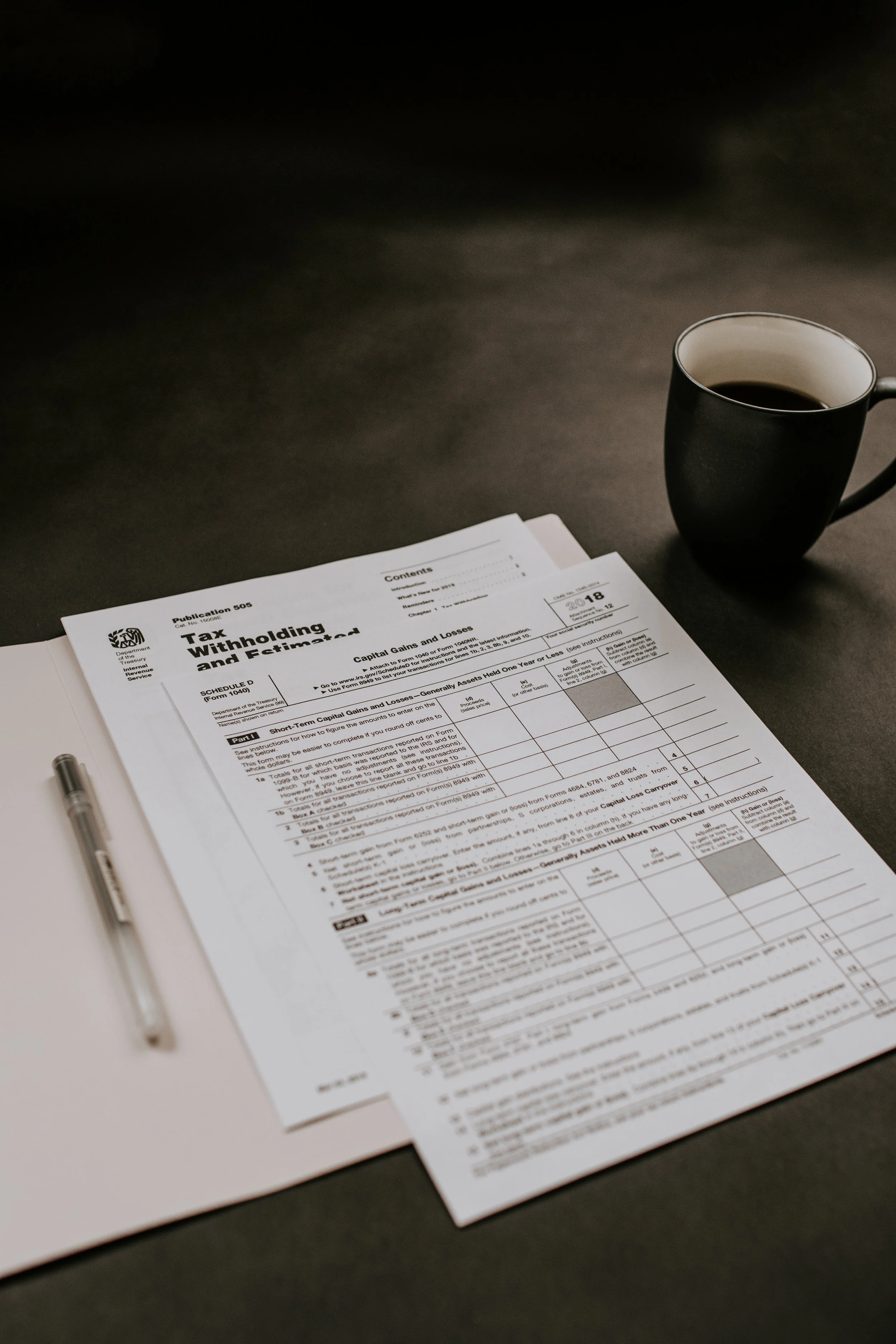8 Things You Should Know About Financial Disclosures During Divorce
It’s the most important part of a California Divorce, and one that parties sometimes don’t take seriously enough: financial disclosures. The two major pieces are the Schedule of Assets and Debts (FL-142), on which you list your property and debts, and the Income and Expense Declaration (FL-150), on which you list - you guessed it - your income and expenses, among other forms. You can find all the forms you need on the Judicial Council website.
These disclosures form the foundation of your case with respect to the division of your assets, debts, and income for the purposes of spousal support and child support. Here are a few things you should know about these essential documents:
They’re Mandatory. You can’t complete your divorce without disclosing your assets, debts, income, and expenses to your ex, except in very limited circumstances. Family Code §§2103, 2104, 2107(b), 2110.
They’re Due Within 60 Days of Filing. It is best practice to prepare your Disclosures to serve along with the first papers you file with the court (the Petition, if you’re the one asking for the divorce, or the Response, if you’re the other party), but because disclosures are a big project, the law allows you sixty days from the date of your first filing to finish them. If you’re the Petitioner (the one asking for divorce), that time period could be shortened to thirty days from the date the Respondent files the Response. Family Code § 2104(f).
You Must Include All Your Property, Not Just Community Property. Only community property (meaning property that was earned or acquired during marriage, with some exceptions) can be divided in your divorce. But that doesn’t mean you don’t have to list your separate property (meaning property that was earned or acquired prior to marriage, from separate property during marriage, or by gift, bequest, devise, or inheritance), even if that property will not be divided. Marriage of Schleich (2017) 8 CA5th 267, 280, 213 CR3d 665, Family Code §2107.
They’re Not Filed With the Court, Except By Court Order. Preliminary Declarations of Disclosure are not filed with the court except when the court orders the parties to do so. This means your financial disclosures will not become public record except in unusual circumstances, so you don’t have to worry about nosy people thumbing through lists of your assets and debts. Family Code Section 2104(c),
Omitted Assets Can be Divided Later. If you fail to Disclose a community asset, the other party will be allowed to request that the court divide it, even after the Judgment is entered and your divorce finalized. Family Code §2556.
Be Honest - Or It Could Hurt You. If you lie on your Disclosures, the other party can request that any Judgment that results be thrown out and the court can impose sanctions on the party who lied or failed to include an asset. For example, in Marriage of Rossi (2001) 90 CA4th 34, 40–42, the wife purposely left lottery winnings off her disclosures and was sanctioned by the Court after the other party found out. In that case, the court awarded 100% of the lottery winnings to the aggrieved spouse, leaving the wife without her community property share of the winnings. As the Rossi case shows, trying to hide assets is just not worth it.
Being as Complete, Detailed and Accurate as Possible Will Save You Time and Money Down the Road. The Preliminary Declarations of Disclosure require that each party compile a large set of documents, including two years of tax returns, title documents for real estate and vehicles, paystubs, credit card statements, among other documents. These are required disclosures, and failing to provide them could result in added expense as Discovery and hearings become necessary. Moreover, negotiations go smoother and faster when both parties have complete, detailed disclosures, allowing both parties to be fully informed as they work to divide their assets and debts.
You Can Waive Your Final Declarations of Disclosure. California law requires each party to complete and serve two sets of Disclosures - the Preliminary Declarations of Disclosure and the Final Declarations of Disclosure. However, the law also allows the parties to mutually waive the requirement to complete Final Declarations of Disclosure if they are satisfied with what was provided in the Preliminary Declarations. Fam C §§2103, 2105.
That’s not all there is to it, but these basics will help you ensure you fulfill your duties to the court and your spouse as you work to finalize your divorce.

